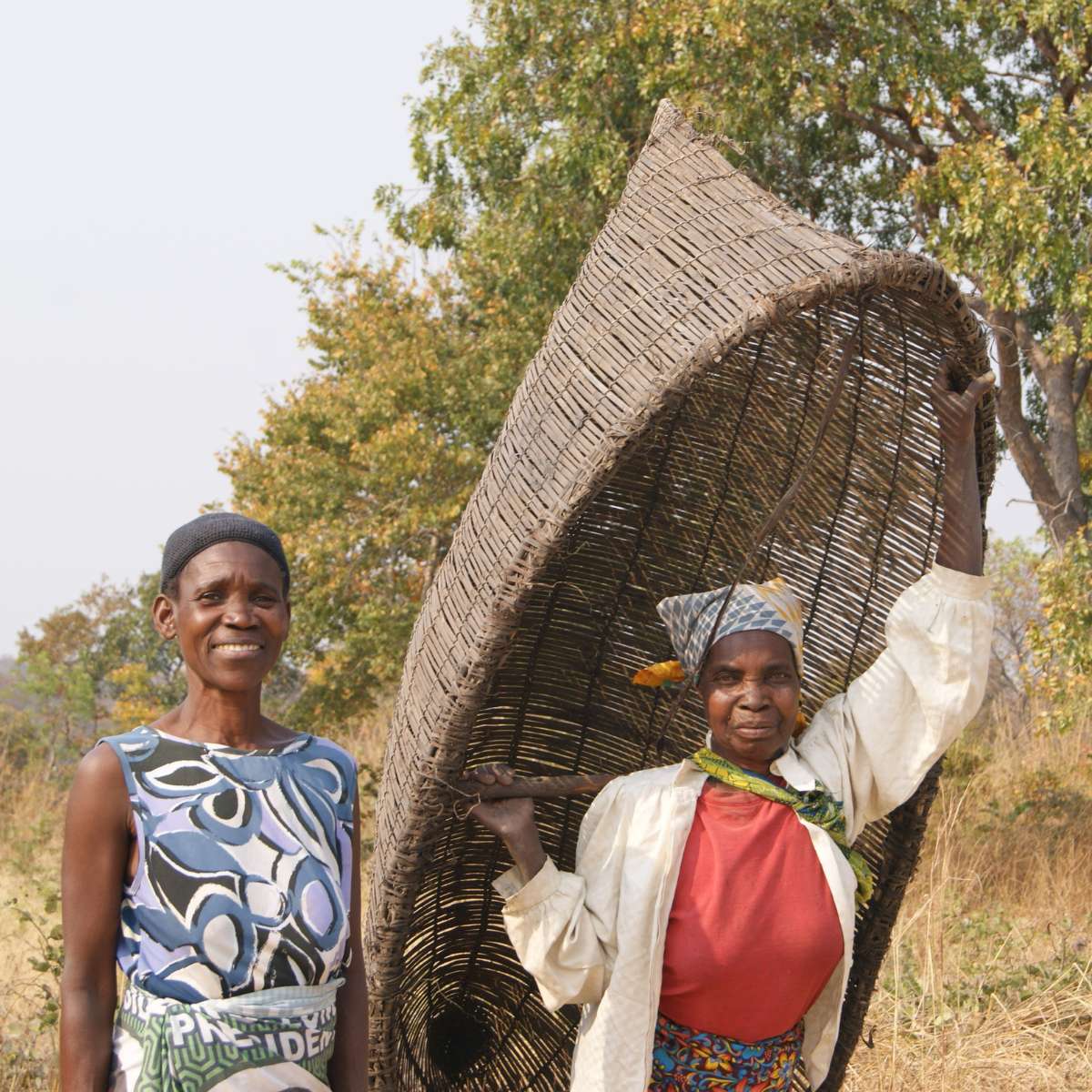In a culturally and socially diverse world, respect for the rights of indigenous peoples is an unavoidable priority. In particular, companies in the extractive sector (mining, oil and gas), infrastructure and construction, and agribusiness are in a key position to guarantee these communities their right to participate in and make decisions that affect them.
We tell you about the challenges faced by companies in protecting and promoting the rights of these communities.
Indigenous peoples
Indigenous peoples have special rights because of their relationship with the land, their minority status, and their generalized situation of vulnerability at the global level.
These communities include Afro communities, voluntarily uncontacted peoples, and other ethnic minorities, both recognized and not officially recognized by local governments.
Thus, companies operating in regions inhabited by indigenous communities face significant challenges.
Consultation and free, prior and informed consent
The social management of companies in the extractive and construction sectors involves carrying out consultation and free, prior and informed consent processes with indigenous peoples for the development of their projects and works.
These processes must be carried out considering:
- Socio-cultural context of the communities
- Specific decision-making processes
- Participation of all population groups (women, children, youth, elderly, among others).
- Local language (with translation)
- The times and internal processes of the community
In addition, a joint definition of the definition of the meaning of "consent" must be established; and the real and perceived impacts of project activities on the community must be taken into account.; and the actual and perceived impacts of project activities on the community must be taken into account.
In addition to this, and according to international standards, consultation with communities that self-identify themselves as self-identify as indigenousmust be carried out even in the absence of local legal recognition. absence of local legal recognition.
This implies that companies must follow international standards, manage the relationship with local government and, where local legislation is insufficient, ensure that the process fulfills its consultative and consenting purpose.
Other business challenges in the social management of indigenous peoples
Respect for cultural autonomy
Respect the cultural autonomy and traditional practices of indigenous communities, and plan projects to reduce the impact on their territories and way of life.
Environmental and social impact
Assessing and minimizing the environmental and social impact of projects in indigenous territories is fundamental to maintaining positive relations with communities and complying with environmental regulations.
Preservation of natural resources
Indigenous communities are often custodians of important natural resources. Proper management of these resources can be a challenge in extractive projects, and can be addressed through the recognition and application of local knowledge of natural resources and cycles.
The role of Insight Social in the social management of communities
At InSight Social, we collaborate directly with Anglo American in Chile for mining exploration in indigenous communities' territories.
To this end, we created a stakeholder engagement plan, including indigenous communities, identified key stakeholders, formulated messages and established consultation mechanisms. We also provided training to the exploration team.
In addition, in Colombia, we have successfully implemented prior consultation processes with indigenous and Afro-Colombian communities in mining and infrastructure projects. When consent was not reached, we ensured that the community's decision was respected and the process was properly closed. This experience strengthens our commitment to ethics and respect for indigenous communities in all our projects.


